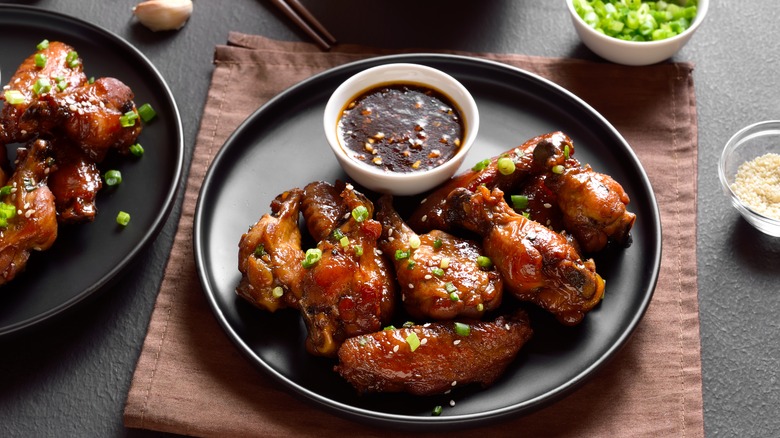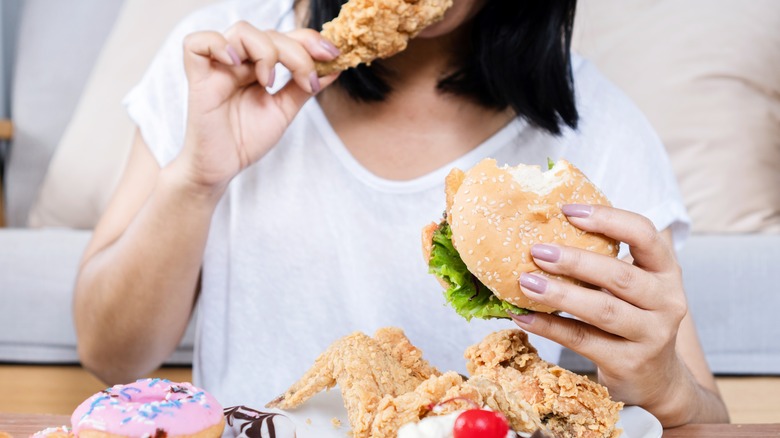
According to Harvard T.H. Chan School of Public Health, a craving is an intense urge to eat a specific food and can occur whether you’re hungry or full. As noted by Medical News Today, while many people experience cravings, the impact varies from person to person. Sometimes, just seeing or smelling food can trigger cravings. A 2020 study in Frontiers in Human Neuroscience identifies cravings as a conditioned response to food, accompanied by neural and physiological reactions.
Persistent cravings for specific foods can arise from various factors. Hormonal fluctuations, for example, can lead to food cravings in women during menstruation and pregnancy. Other triggers include emotional eating, non-selective hunger (a desire to eat anything), and stress levels. A 2018 study in the Journal of Health Psychology emphasizes that cravings often mediate the link between chronic stress and increased BMI. Beyond these general factors, constantly craving foods like chicken may have specific causes.
What causes chicken cravings

Frequent consumption of fried chicken might increase cravings due to its high-fat content. As stated by Harvard T.H. Chan School of Public Health, diets high in fat and sugar are hyper-palatable, potentially affecting brain function. They often stimulate the brain’s reward regions, impacting food choices and eating habits.
Healthline notes that fried chicken is among the most addictive fatty and sugary foods affecting those with food disorders. Besides their hyper-palatable nature and dietary influence, these junk foods are calorie-dense. Such foods can disrupt blood sugar levels, intensifying cravings, according to Healthline.
If you specifically crave chicken, a nutritional deficiency could be the cause. Although the link between nutrient deficiencies and cravings can be compelling, it plays an active role, as per a 2020 study in Current Nutrition Reports. WebMD mentions that chicken is rich in protein and B vitamins like B3 and B6. A deficiency in these nutrients might lead to increased cravings for chicken.
Interestingly, chicken cravings might be influenced by gender. Men and women respond differently to cravings. A 2016 study in Advances in Therapy suggests men are more likely to crave savory foods, while women tend toward chocolates and high-fat sweet foods. As chicken is savory, men might crave it more than other foods.
How to reduce food cravings

As with any habit, the more you give in to your cravings, the harder it becomes to control them. WebMD cautions against going cold turkey, as it could lead to overeating. Instead, indulging in cravings less frequently is advised. WebMD also recommends portion control for managing cravings, suggesting not keeping tempting foods at home. If obtaining a food requires extra effort, you’re less likely to indulge excessively.
According to MedicalNewsToday, various factors can explain food cravings, and addressing them depends on the cause. For instance, stress might lead to cravings for comfort foods like chicken, so managing stress could help reduce these cravings.
Another strategy is to drink more water. By staying hydrated, you may reduce food cravings.
Some find that chewing gum helps prevent overeating. MedicalNewsToday states that gum chewers often feel less hungry and have fewer snack cravings.




